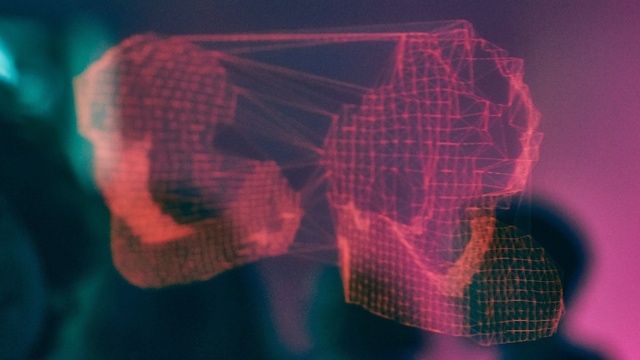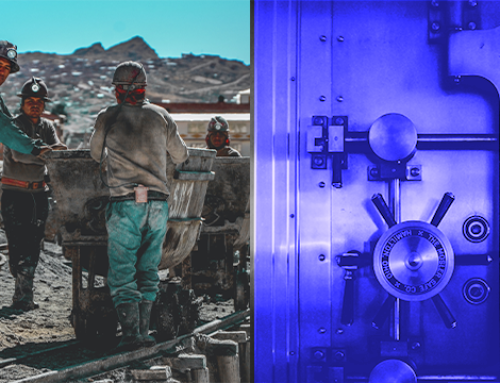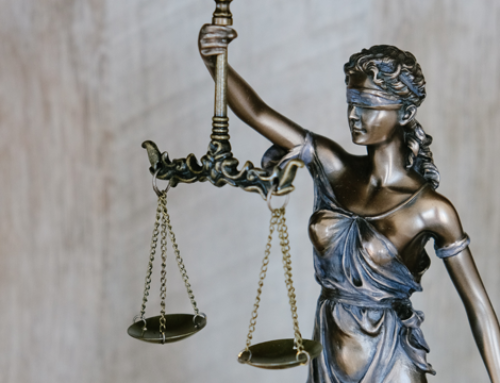Tokenization has the power the transform the global financial system and usher in a new, more democratized version with fewer barriers to entry. While hurdles remain to achieve this, we have already started down the path toward an exciting future.
What is tokenization?
Simply put, tokenization is the process of converting tangible, real-world assets into digital tokens. It is related to the old-school financial concept of securitization. Securitization is when an institution takes an illiquid asset (or a pool of them such as mortgages) repackages it and sells it in much smaller chunks to investors. The same basic process applies to tokenization, except you receive a fractional digital representation of the asset known as a security token.
Security tokens represent a share of ownership in an asset that resides on an existing blockchain. This could refer to pretty much anything you could imagine, such as stocks, real estate, a piece of fine art, or the pooled assets of a business. Tokenization has many beneficial attributes, such as:
- Faster transactions with fewer fees. In a traditional financial transaction, there are hoops to jump through and a variety of middle-men to deal with. Security tokens are issued via smart contracts, which drastically reduces the time and number of intermediaries necessary to complete a transaction.
- Safe transactions via smart contracts. Smart contracts are algorithms on a blockchain with certain parameters that must be satisfied before a transaction is made. For example, if you are purchasing a portion of real estate, both the selling and buying parties need to hit specific triggers before the exchange is completed. The seller may need to prove there are no liens against the property and that it has been appraised at a certain amount. Conversely, the buyer may need to put an amount of money in a specific account by a certain date. All of these triggers are integrated into the blockchain mathematically. If all of the parameters are met by both parties, the smart contract executes and the transaction is made.
- Increased liquidity. Illiquid assets are difficult for both buyers and sellers. The buying pool is limited on items such as a multimillion-dollar mansion or an original Picasso painting. Smaller investors are completely shut out and sellers may have to wait for long periods before they find a suitable buyer. Tokenization bypasses these issues by allowing the illiquid assets to be divided into manageable portions and sold to multiple buyers. The overall value of the asset would likely rise as well due to the increase in potential demand. So, the next time you’re sitting down for family dinner and Uncle Vinny claims he bought an original Van Gogh online, he might be telling the truth!
- Financial transparency. This is a great attribute of blockchain technology. The immutable ledger doesn’t lie. Security tokens can be embedded with all sorts of important data, such as the history of ownership, legal responsibilities, and personal identifying information. All of this can be verified at any time by any other node on the blockchain.
Is tokenization a current reality?
It is becoming a reality right now. In the past, the actual process of tokenization was intensive. Custom smart contracts had to be custom programmed. It could take an organization to invest significant resources into an entire team of programmers to get it right. This type of investment and the need for customization is impractical.
Today, this process is starting to be automated. For example, the company Tokenizer has created a standardized platform for the tokenization of real-world assets. Here, companies looking to raise capital can tokenize their assets without any coding knowledge at all and then sell on a verified trading marketplace. The advancement of this type of usability will be crucial for tokenization to receive wide adoption.
Roadblocks and hurdles
Tokenization still faces important issues before it can mature fully and achieve mainstream appeal. The biggest challenge is regulatory compliance. A major feature of the decentralized blockchain system is that capital and assets can be exchanged at any time, in any place. Unfortunately, this also means that a transaction (either the initial buying and selling of tokens or future 3rd-party transactions on a marketplace) will likely fall under the umbrellas of multiple financial regulatory jurisdictions. Navigation through these murky waters is currently tricky if not impossible.
Furthermore, there is a complete lack of a standardized framework to regulate these markets at all right now. Currently, these new technologies are shoehorned into the framework of traditional securities, leading to uncertainty and confusion. While the lack of solidified regulations can be seen as a good thing by some, at the end of the day governing bodies will have to be on board for a true financial transformation to take place. After all, how else will fraud and hacks be handled? Trust must be forged between buyers and sellers. Without some sort of governmental oversight, it will be difficult to provide people with safe, stable options.
Another concern arises when practical ownership matters are taken into account. If thousands of people own an investment property, who is in charge of the maintenance or rent collection? Are all of the owners responsible for paying the property manager? If so, what happens when the small-time investors owe such little amounts that collecting from them becomes problematic? These are questions that need to be considered.
The road ahead
Even with these hurdles present, tokenization seems poised to make a large impact on the financial sector. The advantages of speed, cost reduction, and overall transparency are too large for solutions to not be found. Traditional financial institutions have too much to lose by not supporting the technology sooner rather than later. They will have to implement a tokenization plan or risk becoming less competitive than hungry early-adopters.
A technology that is changing the world
A disruptive force like tokenization is only one of many world-changing applications of blockchain technology. It’s difficult to understate the far-reaching implications.
Axel utilizes blockchain technology to power the revolutionary Axel Go files-haring application. The Axel Go platform can encrypt your files to keep sensitive information secure. Download Axel Go today and share your files in the safest way possible. Axel is securing your data at rest and in motion.


